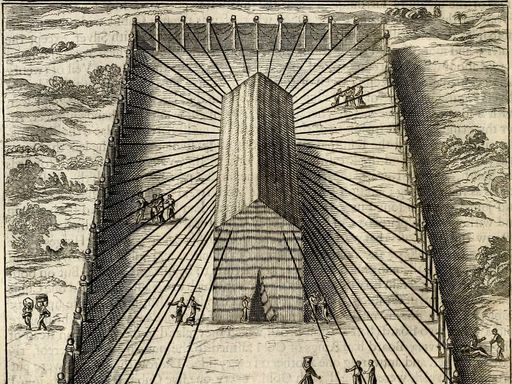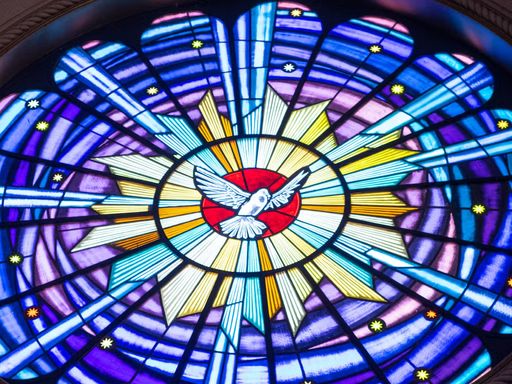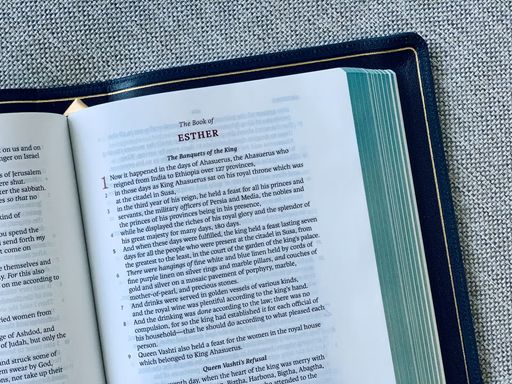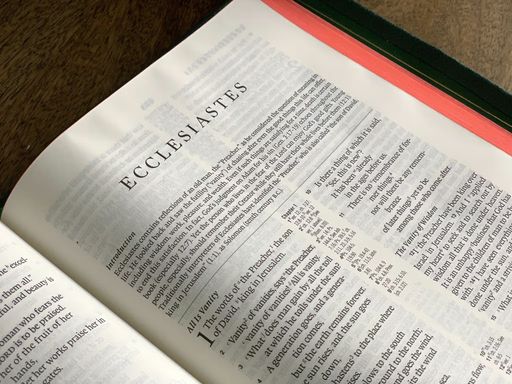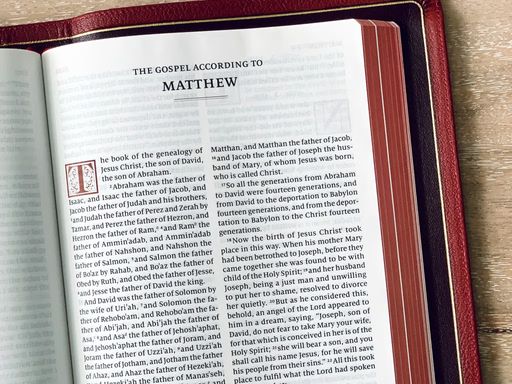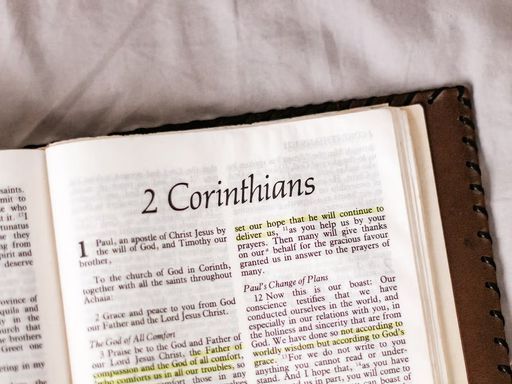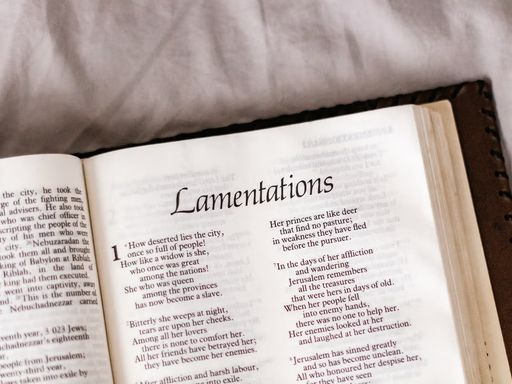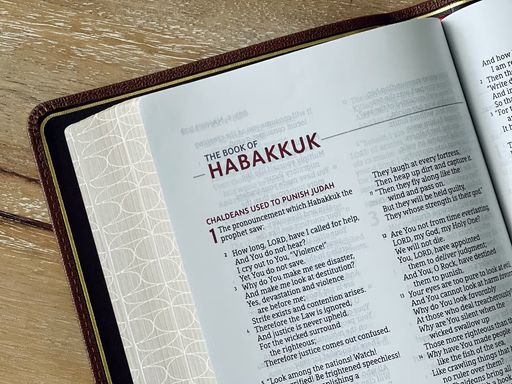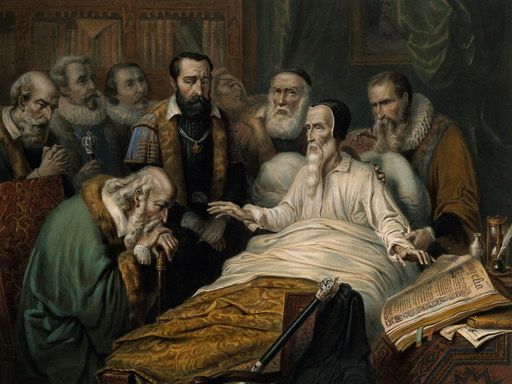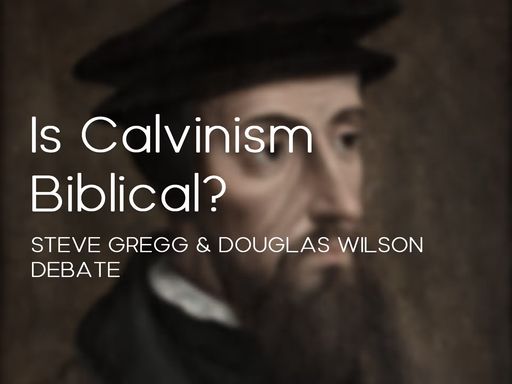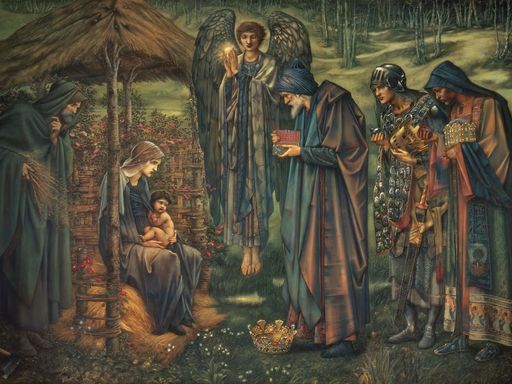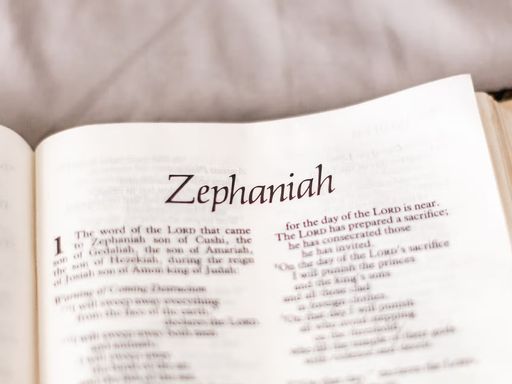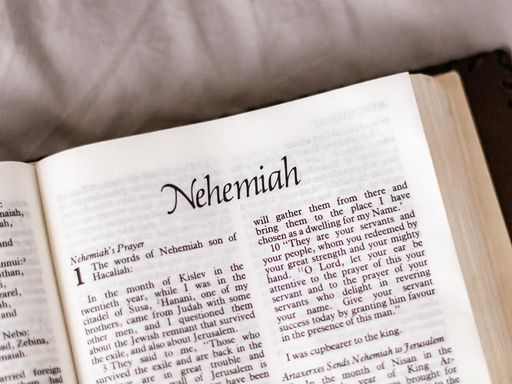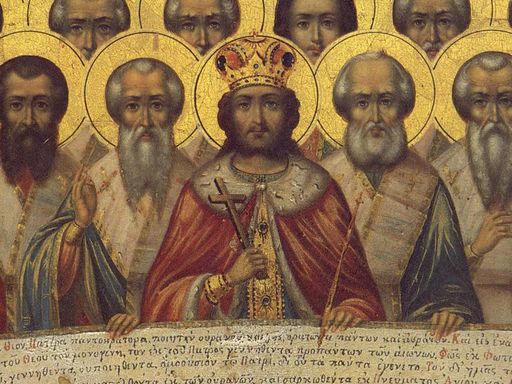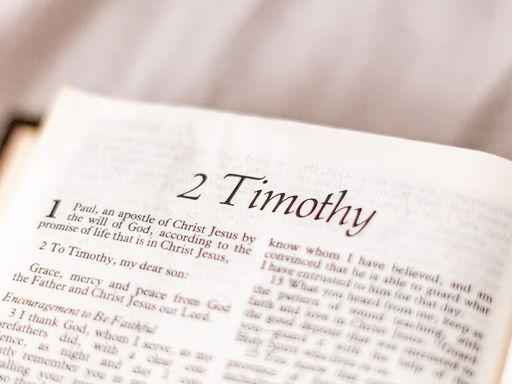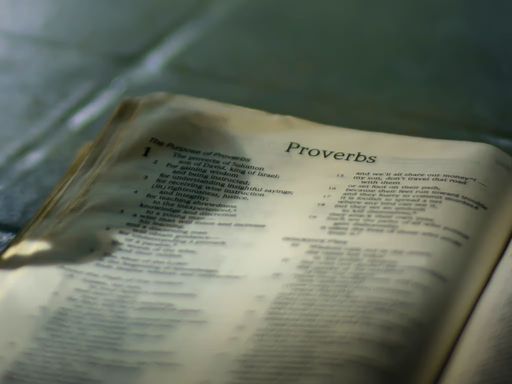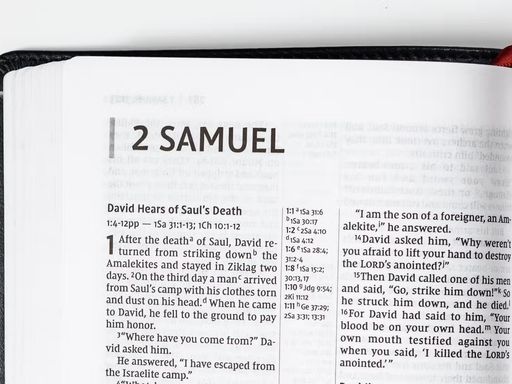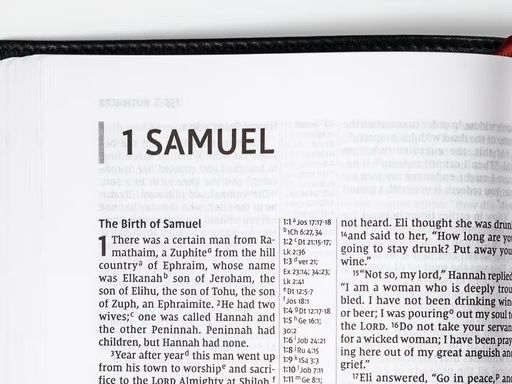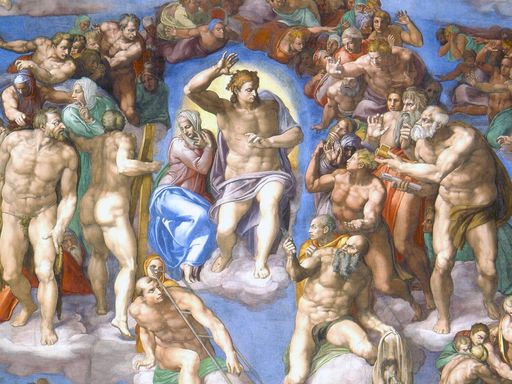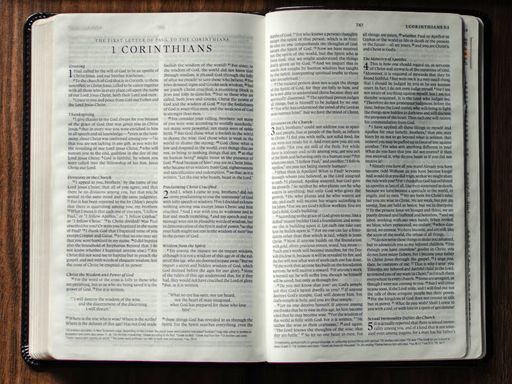
Gospel of Luke
Steve Gregg
In this 32-part series, Steve Gregg provides in-depth commentary and historical context on each chapter of the Gospel of Luke, shedding new light on its meaning and emphasizing the importance of repentance and following Jesus.

Luke Introduction
In this introduction to the book of Luke, Steve Gregg presents evidence for Luke being the author of the third gospel as well as the book of Acts. He notes that while Luke's profession as a physician is incidental, it is possible that he was the first physician in the Christian community. Gregg also

Luke 1:1 - 1:25
In this talk, Steve Gregg discusses the first 25 verses of Luke chapter 1, emphasizing the importance of understanding the context of the Gospel. Gregg reminds listeners that though Luke parallels Mark and Matthew, it does not mean that Luke's account is less accurate. He underscores the significanc

Luke 1:26 - 1:80
In this biblical passage, Steve Gregg discusses the birth narratives of John the Baptist and Jesus Christ as presented in Luke chapter 1. He highlights the importance of Mary and Joseph's lineage to David, underscoring the fulfillment of messianic prophecies. He also draws attention to the miraculou

Luke 2
In this talk, Steve Gregg provides an overview of Luke chapter 2, which details the birth of Jesus and his early life. Luke connects the events of Jesus' life to secular history and includes details such as the prophecy of his birth in Bethlehem and his presentation at the temple. Simeon's prophecy

Luke 3
In this biblical commentary, Steve Gregg examines Luke 3 and the historical context surrounding the arrival of John Baptist and the adult Jesus. He discusses the importance of repentance and the role of baptism as an outward declaration of internal faith and repentance. The genealogy of Jesus is als

Luke 4:1 - 4:30
Steve Gregg discusses Luke chapter 4 and the temptation of Jesus. He mentions how the Gospel writers may not always record events in chronological order but emphasize their significance. Gregg points out that the temptations of the flesh, such as the desire for food, drink, and sex, can become tempt

Luke 4:31 - 5:11
In this discussion, Steve Gregg analyzes Luke 4:31 - 5:11, where Jesus went throughout Galilee casting out demons and healing the sick. Gregg counters common modern views that demon possession is merely a superstitious idea and argues that demons are real spiritual beings. He details the story of Je

Luke 5:12 - 5:39

Luke 6:1 - 6:19
In Luke chapter 6, Steve Gregg explores the topic of Sabbath and how it was viewed in Jesus' time. He discusses instances where Jesus and his disciples were accused of breaking Sabbath traditions and argues that Jesus was actually fulfilling the purpose of Sabbath by bringing rest and healing to peo

Luke 6:20 - 6:49
Steve Gregg examines Luke's version of the Beatitudes in Luke 6:20-49, suggesting that while the poor may be blessed, Jesus does not teach solely on economic circumstances. Rather, Jesus commands that individuals love God and love others, even their enemies. Gregg argues that those who follow Jesus'

Luke 7
In this talk, Steve Gregg unpacks Luke chapter 7, highlighting the unusual faith of the Gentile centurion and the pitiful case of the widow's son. He also dives into the controversial topic of uncleanness in Jewish society and how Jesus challenged societal norms by healing those considered unclean.

Luke 8
In this talk, Steve Gregg discusses the first three verses of Luke 8, exploring the meaning behind Jesus preaching the glad tidings of the Kingdom of God. Gregg delves into the different stories and parables found in this chapter, examining the deeper truths within them. He also touches on the idea

Luke 9:1 - 9:48
In this talk, Steve Gregg delves into Luke 9:1-48 and draws comparisons to the parallel text in Matthew. He highlights the instructions that Jesus gave to his disciples regarding serving God and relying on His provision, as well as the lesson to not take worldly possessions on their missions. Gregg

Luke 9:49 - 10:20
In Luke 9:49-10:20, Steve Gregg discusses the events and teachings that took place in Galilee and Perea. He mentions the power of invoking Jesus' name to remove demons and the importance of not forbidding those who are not against us. He also talks about the disciples' journey to Jerusalem and Jesus

Luke 10:21 - 11:13
In this section of his teachings, Steve Gregg delves into Luke 10:21 through 11:13, where he focuses on Jesus' words about the Father and the importance of loving one's neighbor. He emphasizes the Samaritan as an example of someone who recognizes the responsibilities of being a good neighbor despite

Luke 11:14 - 11:54
In this segment, Steve Gregg analyzes Luke 11:14-54 and explores the common theme of casting out demons. He highlights the significance of Jesus' ability to command demons and the importance of followers acting upon preserving their gains. Gregg also delves into the attitudes towards ceremonial clea

Luke 12:1 - 12:34
In this segment, Steve Gregg reflects on Luke 12:1-34, where Jesus warns against hypocrisy and encourages his followers to have the right attitude towards their faith. Gregg notes that the Greek word for "hypocrite" is simply transliterated in English and means someone who pretends to be something t

Luke 12:35 - 13:17
In Luke 12:35-13:17, Steve Gregg discusses Jesus' teachings on being prepared for the return of the master and the potential judgment to come. He argues that Jesus' reference to sending fire on the earth may be referring to this judgment, rather than a positive spiritual revival. Gregg also addresse

Luke 13:18 - 14:35
In this teaching by Steve Gregg, he dives into the parables and teachings of Jesus in Luke 13:18-14:35. Gregg explores the context and meaning behind each parable, emphasizing the importance of humility and recognizing one's place in the kingdom of God. He also touches on the impending judgment that

Luke 15
In Luke 15, Steve Gregg discusses how Jesus welcomed sinners and why repentance is essential. He emphasizes that even if someone has strayed from the path of righteousness, they can still be saved if they return to God. Gregg also highlights the importance of shepherding a Christian congregation and

Luke 16:1 - 16:18
In this discussion, Steve Gregg examines Luke 16:1-18, which includes the parable of the unjust steward. He suggests that the steward's actions were not necessarily criminal, but rather clever and resourceful, potentially even benefiting those who owed the master money. Gregg sees the subtext of thi

Luke 16:19 - 16:31
In this segment, Steve Gregg analyzes Luke 16:19-31, where Jesus tells a parable about a wealthy man and a poor man named Lazarus who dies and goes to Abraham's bosom while the wealthy man goes to Hades. Gregg argues that the parable is not meant to be a teaching on the afterlife but rather a commen

Luke 17
In Luke 17, Steve Gregg discusses the idea that stumbling is inevitable in life, though it does not necessarily indicate sin. However, causing someone to sin or become spiritually damaged holds responsibility and should be avoided. Forgiveness and reconciliation are important, and one's faith may in

Luke 18:1 - 18:23
In this talk, Steve Gregg provides an analysis of Luke 18:1-23, discussing the importance of persistence in prayer and humility before God. He uses the parable of the persistent widow and the unjust judge to illustrate God's nature as a just judge who cares for his children. Gregg emphasizes the nee

Luke 18:24 - 19:27
In this segment, Steve Gregg analyzes Luke 18:24-19:27, discussing various topics such as how people may turn to Christianity when going through difficult times, the importance of praying even when God already knows our needs, and how Jesus restores those who have gone astray. Gregg also examines th

Luke 19:28 - 20:19

Luke 20:20 - 20:47
In this discussion, Steve Gregg explores Luke 20:20-47 and the topic of paying taxes to Caesar. Gregg explains how Jesus skillfully navigated the question to both acknowledge the importance of paying taxes while also making a subtle theological point. He also delves into the early church's views on

Luke 21
In this discourse, Steve Gregg delves into Luke chapter 21 and discusses the controversial passage that references the destruction of the Temple. He argues that while Jesus predicted the fall of the Temple, this did not necessarily imply that the second coming had already occurred. Gregg believes th

Luke 22:1 - 22:38
In this lengthy passage on Luke 22:1-38, Steve Gregg discusses the events leading up to Jesus' betrayal and arrest. He provides context on the Passover feast and notes that Jesus knew someone would soon betray him. Gregg believes that Jesus was also foreshadowing the establishment of the kingdom of

Luke 22:39 - 22:71
Steve Gregg analyzes Luke 22:39-71 in his talk, highlighting the significant events of Jesus' life. He notes that although the gospel writers gave utmost attention to this part of Jesus' life, Luke provides a particularly detailed account of Jesus praying at the Garden of Gethsemane. Further, Peter'

Luke 23
In this talk, Steve Gregg delves into Luke 23, discussing the discrepancies between the reports of Luke, Matthew, and Mark. He offers possible explanations for the differences, including the likelihood that each writer may not have had access to the full scenario. Gregg also examines the political a

Luke 24
In this detailed exposition, Steve Gregg examines the final chapter of Luke's Gospel, which concludes with the resurrection of Christ. Gregg analyses the historical data to establish the credibility of the resurrection and discusses the various accounts of Christ's appearances, including his meeting


